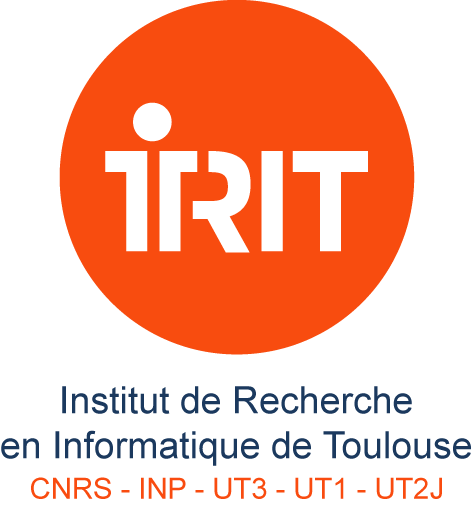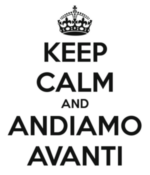5th CODI workshop
We’re happy to announce that the 5th edition of the CoDi workshop will take place during EACL (March 17-22) 2024.
The last ten years have seen a dramatic improvement in the ability of NLP systems to understand and produce words and sentences. This development has created a renewed interest in discourse problems as researchers move towards the processing of long-form text and conversations. There is a surge of activity in discourse parsing, coherence models, text summarization, corpora for discourse level reading comprehension, and discourse related/aided representation learning, to name a few. At this juncture, we have organized two Workshops on Computational Approaches to Discourse (CODI) at EMNLP 2020 and at EMNLP 2021 to bring together discourse experts and upcoming researchers. These workshops have catalyzed the speed and knowledge needed to solve such problems and have served as a forum for the discussion of suitable datasets and reliable evaluation methods.
The 5th CODI workshop is planned as a 1 day event which brings together different subcommunities. It will feature 2 invited talks: Anna Rohde and Manfred Stede.
All the information on the website: https://sites.google.com/view/codi2024/ .




